3 ways Nvidia’s gaming handheld can improve on the Nvidia Shield Portable
Nvidia's latest gaming handheld could make huge strives
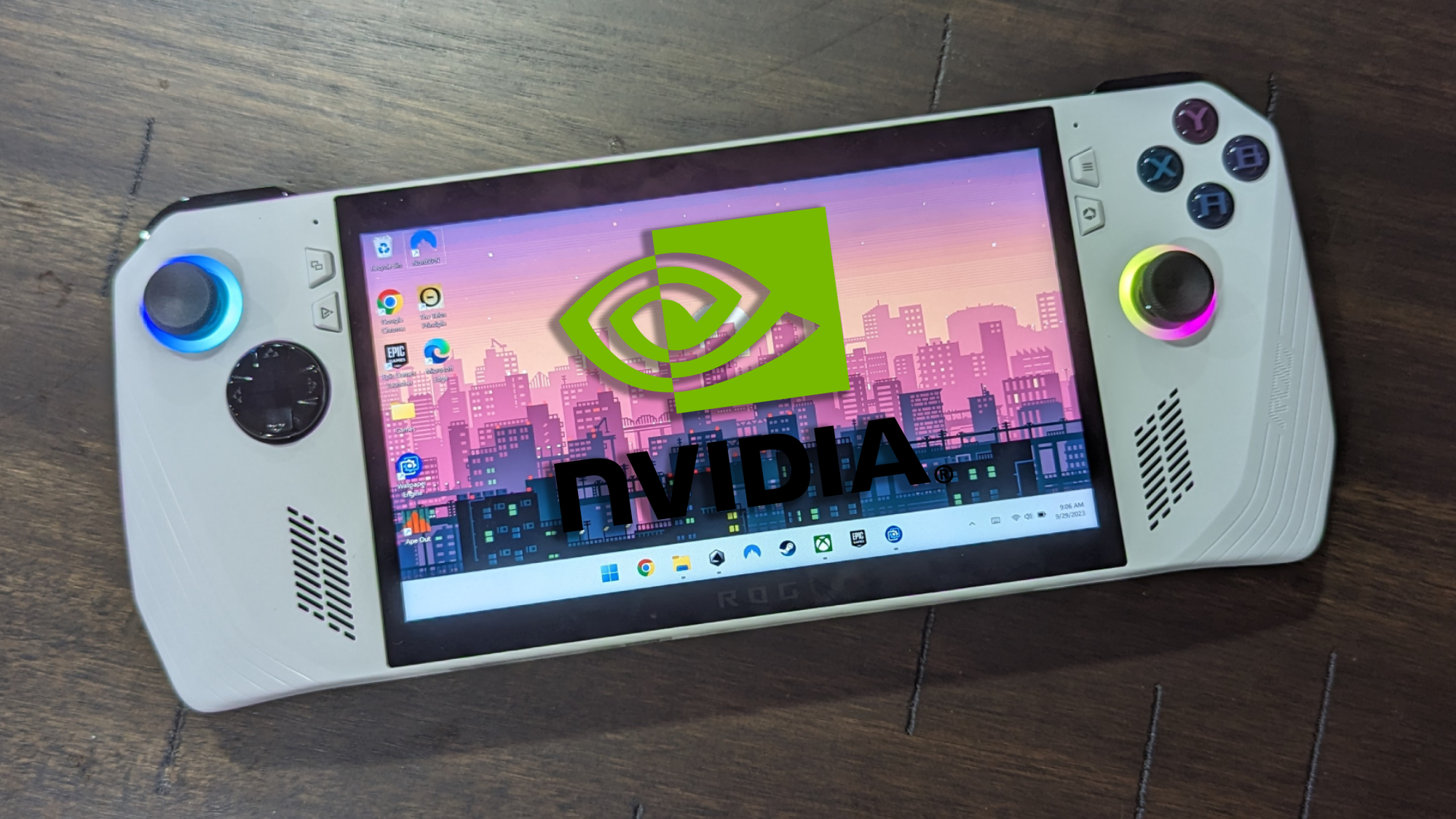
Sign up to receive The Snapshot, a free special dispatch from Laptop Mag, in your inbox.
You are now subscribed
Your newsletter sign-up was successful
The Windows handheld gaming market is getting bigger and bigger, with the Asus ROG Ally and Lenovo Legion Go already making waves, alongside the MSI Claw launching on March 8th. And considering Nvidia made its last proper gaming handheld in 2013 with the Nvidia Shield Portable, this is a perfect time for the company to make a resurgence in the market.
Beyond just speculation, YouTuber Moore's Law Is Dead claims Nvidia plans on "making more handheld gaming devices with their graphics," and if the rumor is to be believed, we can expect an Nvidia handheld gaming PC in the near future. Assuming that's true, here are the three things it can do to improve upon Nvidia Shield Portable.
1. It could use powerful Nvidia hardware
The Nvidia Shield Portable, like all Shield products, utilizes GeForce Now to stream games via the internet. In a world where handheld game consoles like the Asus ROG Ally, Lenovo Legion Go, and upcoming MSI Claw exist, that's no longer necessary. In Nvidia's defense, the Shield Portable launched more than 10 years ago now, but it's clear that the gaming handheld market has completely changed, and the company can make the needed changes to keep up with competitors.
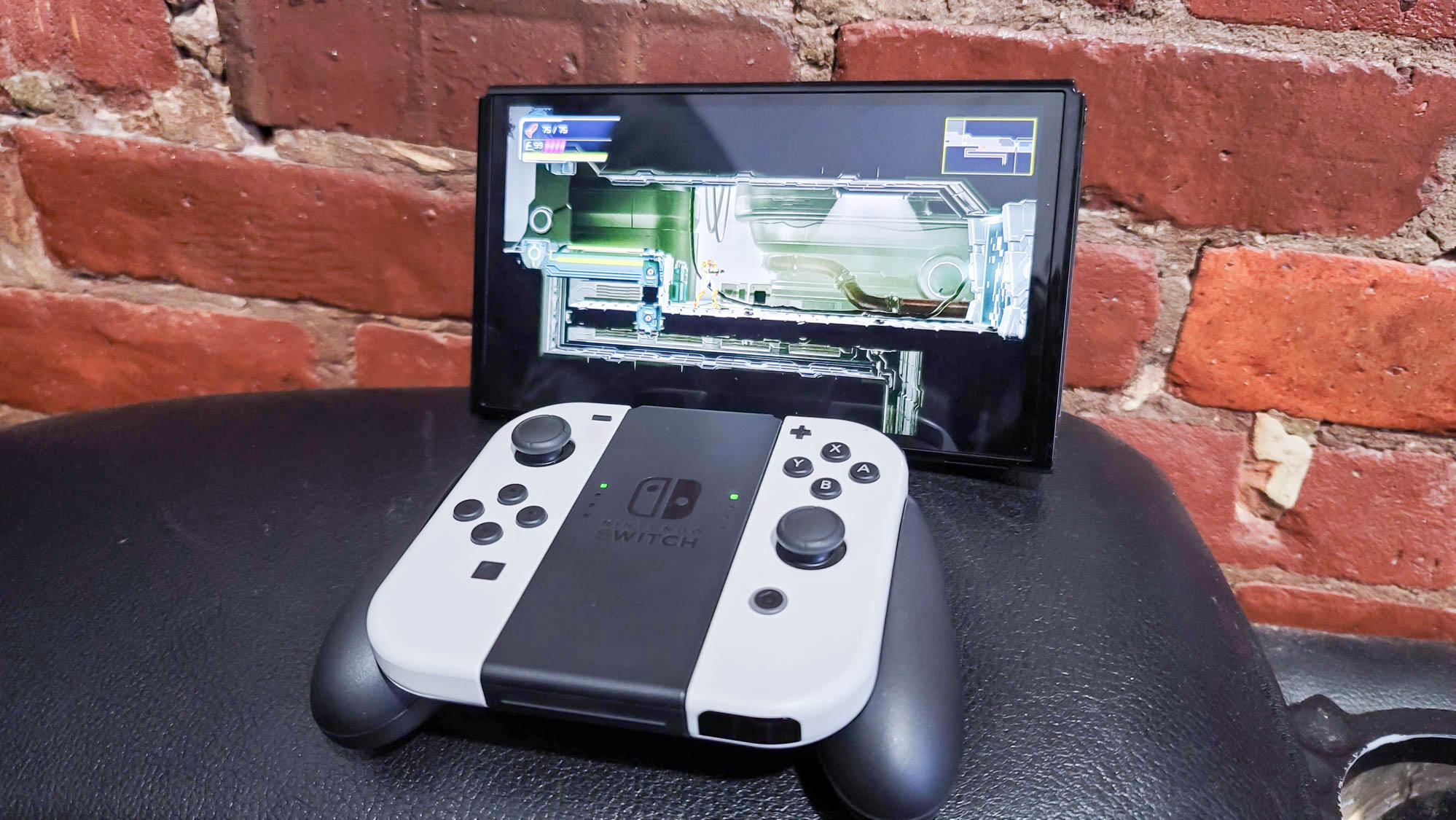
Nvidia is also at a great benefit in that the company could use its own hardware. It's currently rumored that the Nintendo Switch 2 will use a new Nvidia chip, potentially receiving DLSS and ray tracing. If these rumors are true, and Nvidia is truly making a handheld gaming PC, this will likely be the same hardware used for its own device. Making the jump from not even being able to run games natively and solely relying on GeForce Now to potentially sharing hardware with the Switch 2 is massive.
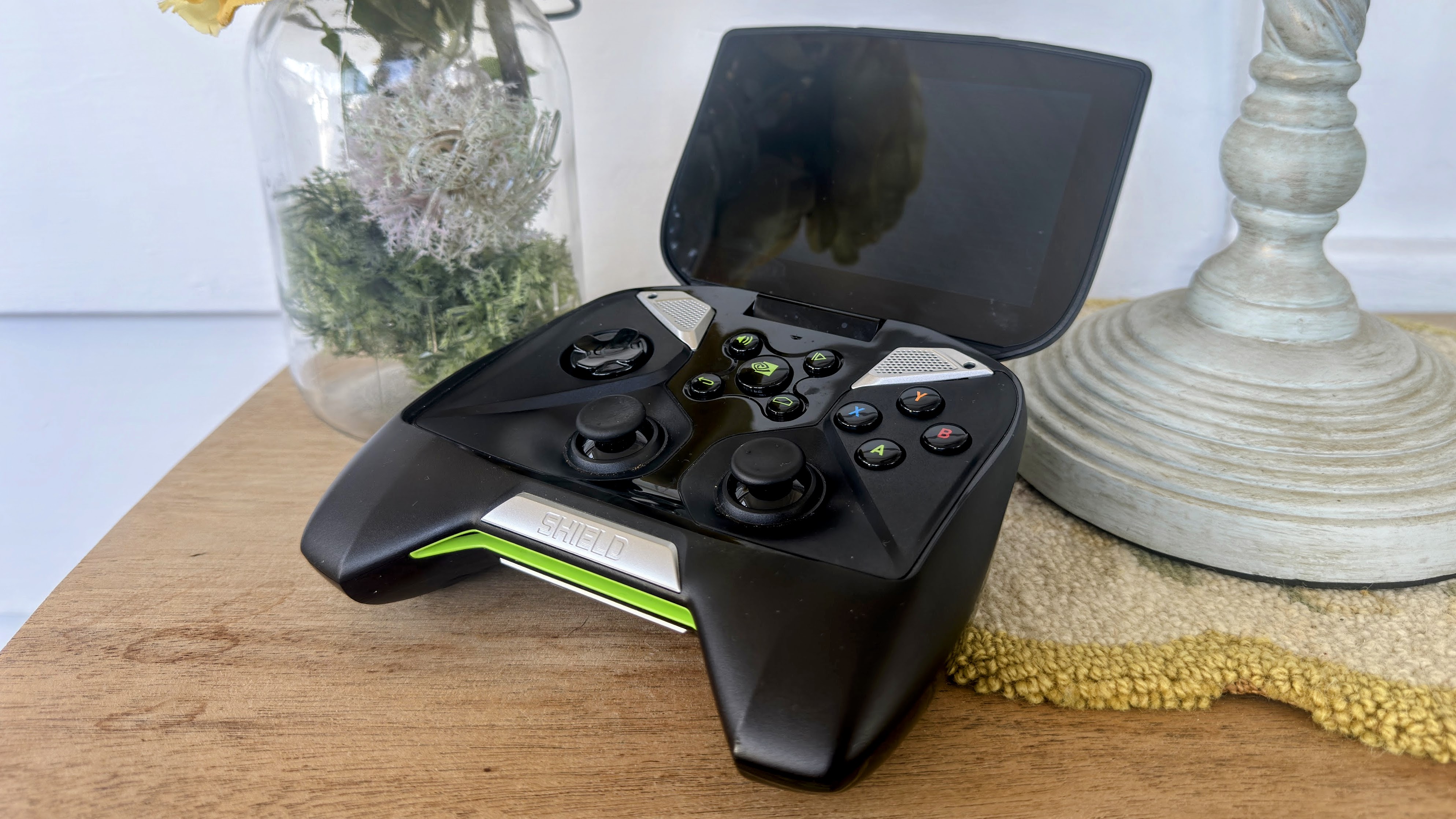
2. It needs a far better design
The Nvidia Shield Portable was straight up ugly, attaching what effectively looked like an Xbox controller to a tiny screen at the top. While this design looks pretty miserable, the company was on the right track and simply needs to rethink a few aspects. It's no secret that the ergonomics of a proper game controller are unbeatable by the designs seen on the Asus ROG Ally or Lenovo Legion Go, but it's mostly unavoidable when making a tablet-style portable controller.
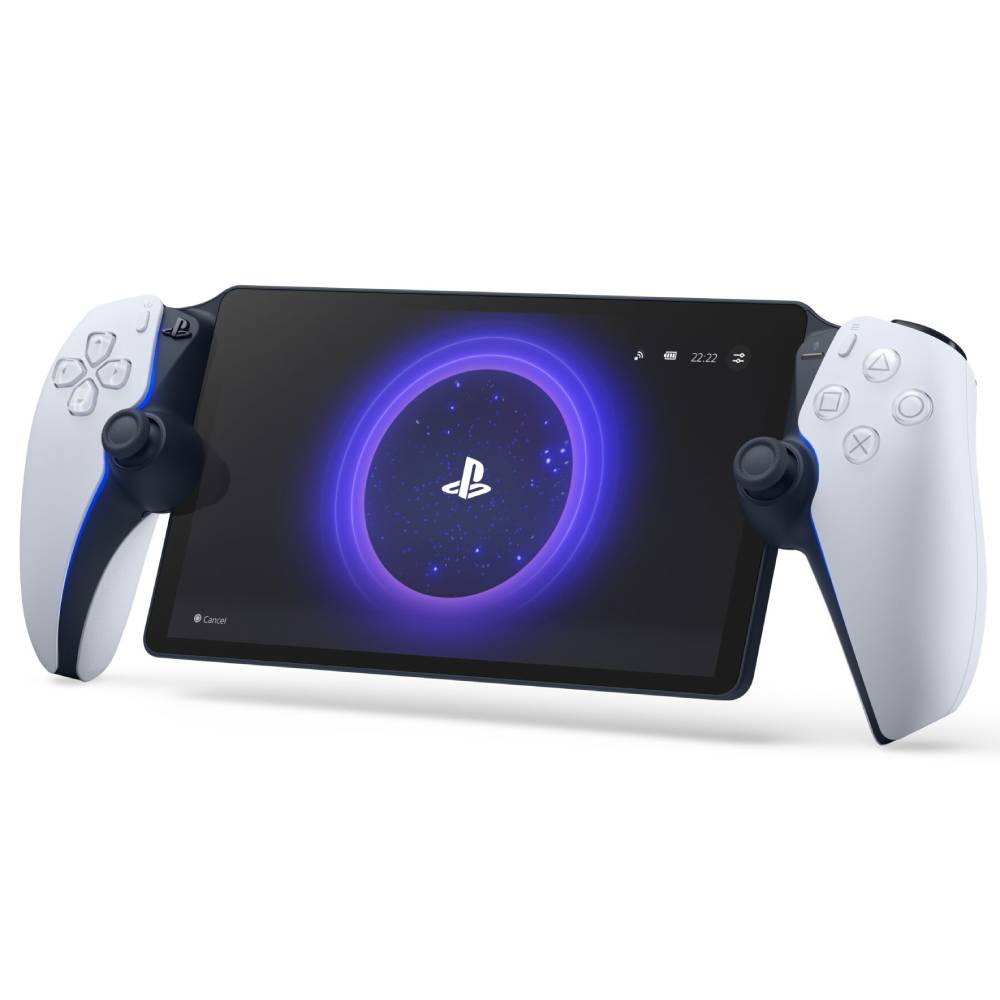
However, the Nvidia Shield could continue to adapt this style by taking notes from the PlayStation Portal, which simply straps the left and right sides of a DualSense controller on the ends with a screen in the middle. The PlayStation Portal suffers from being a device solely used for remote play, but a Nvidia handheld could combine the best of both worlds, with games run through dedicated hardware and a design that perfectly mimics a controller's ergonomics.
3. We're expecting a superior display
The Nvidia Shield Portable is pretty old, and as a result, its 720p screen is significantly inferior when compared to what's expected today. But even then, it's still acceptable to launch 1080p IPS gaming handheld displays. Nvidia should absolutely go a step further and potentially consider OLED, with providers like Steam Deck already having gone down that road, alongside the Lenovo Legion Go possessing a 2K resolution.
Sign up to receive The Snapshot, a free special dispatch from Laptop Mag, in your inbox.
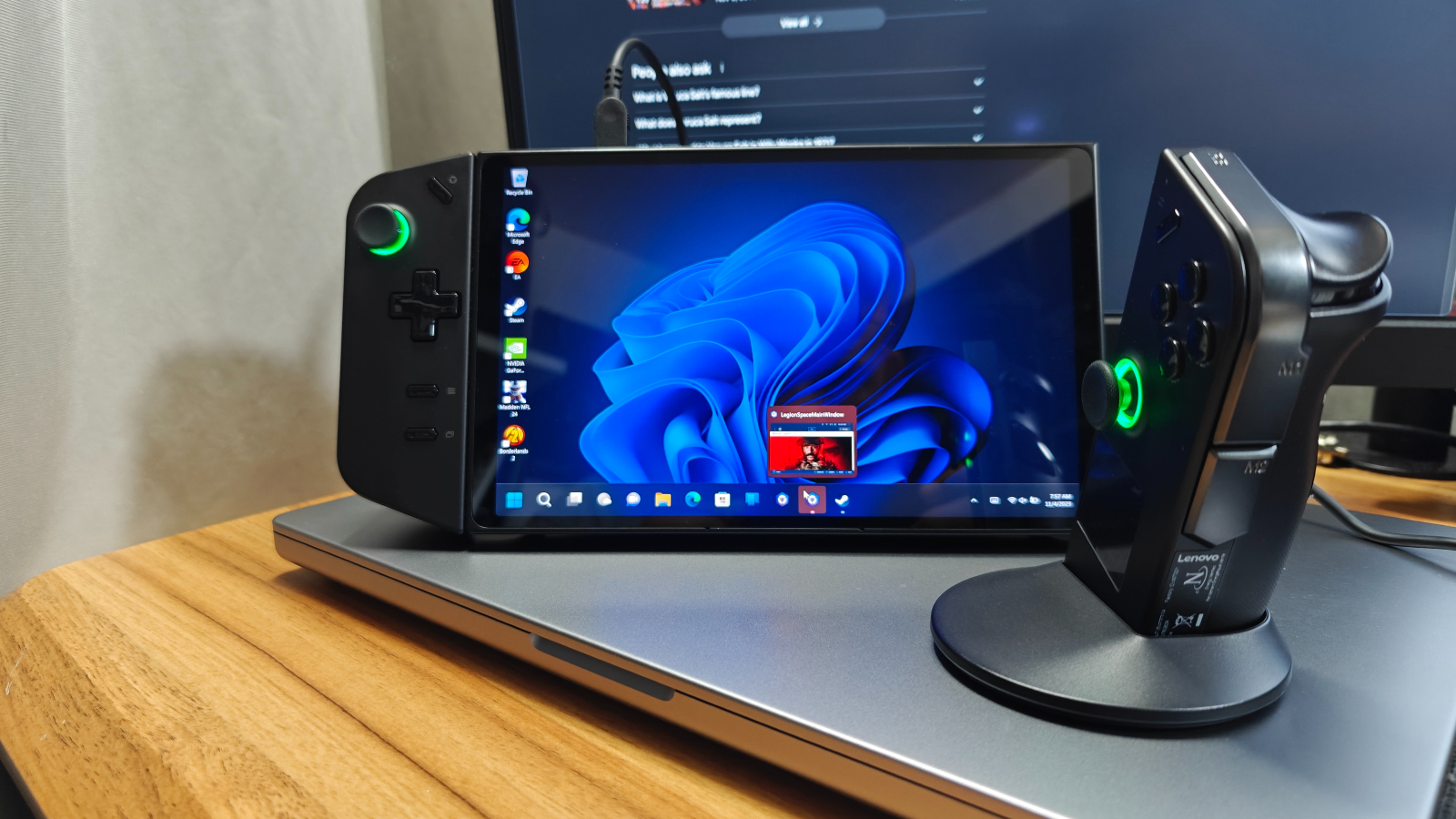
If the new Nvidia gaming handheld will truly feature its own company chip, potentially providing a whole new level of graphical power, it would be disappointing for the display to be limited at 1080p. At the very least, we're hoping that an OLED skew is released.

Self-described art critic and unabashedly pretentious, Claire finds joy in impassioned ramblings about her closeness to video games. She has a bachelor’s degree in Journalism & Media Studies from Brooklyn College and five years of experience in entertainment journalism. Claire is a stalwart defender of the importance found in subjectivity and spends most days overwhelmed with excitement for the past, present and future of gaming. When she isn't writing or playing Dark Souls, she can be found eating chicken fettuccine alfredo and watching anime.
